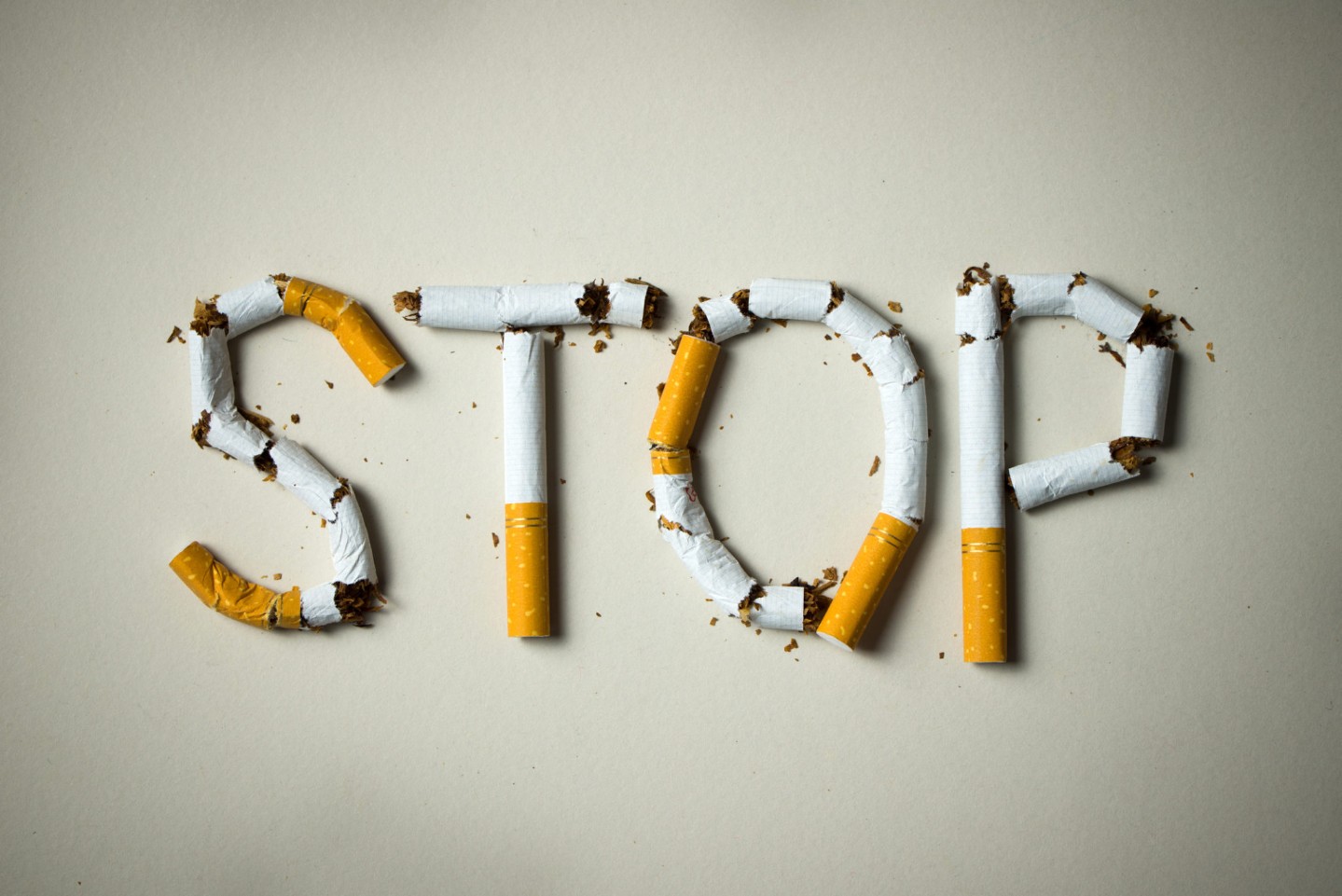Fueling Your Family's Future: A Doctor's Perspective on National Nutrition Month
MAR 01, 2026Good nutrition is about building a foundation for a vibrant, energetic, and disease-resistant life for you and your loved ones.
Read More
There aren’t a whole lot of habits you can take up that will harm nearly EVERY organ in the body – but smoking is certainly one of them. As we’ve all heard for years and years, it can cause countless diseases and flat-out reduces your overall health. Plus, it’s a habit that’s tough to quit.
The good news? No matter how old you are or how long you’ve been smoking, studies show that when a smoker quits, they see a dramatic drop in their health risks.
Set a quit date (maybe even today?). Then get rid of all the tobacco products and ashtrays in your home, car – wherever you keep them. You can also prepare by reviewing your past attempts to quit and tracking the triggers that cue you to smoke – this will help you develop coping strategies as you move forward. And don’t forget “N.O.P.E.” once you quit – “NOT ONE PUFF EVER.”
Tell your family, friends and coworkers that you are going to quit and that you want their support. If necessary, ask them to not smoke around you any longer. You’ll also want to talk to your health care providers – doctors, dentists, nurses, pharmacists and psychologists can all help. And sign up for tobacco cessation counseling – the more you have, the better your chances are for quitting.
Try to distract yourself from urges to use tobacco products. The urge will pass in a few minutes. Talk to your support person, go for a walk or busy yourself with a project. Changing your routine and planning something enjoyable every day can also help curb the urges. You’ll also want to learn some stress-reducing techniques like taking a hot bath, reading a book or just taking a few slow deep breaths. Finally, drink lots of water or other low calorie beverages to help on this journey.
Medications can help lessen the craving to use tobacco products and can double your chances for quitting and quitting for good. The FDA has approved six medications to help you quit. Most pharmacists, including those at any CHI Health Clinic pharmacy, are available to help you identify the right over-the-counter medication. And consult with your doctor for any medication that requires a prescription.
Most relapses occur within the first three months after you quit smoking. So for that span of time, avoid dangerous situations such as drinking alcohol or being around others who make you want to smoke. You’ll also want to focus on eating a healthy diet and staying active, as most smokers do gain weight when they quit. You can do this!
Original post date: Nov. 2010. Revised: August, 2019.

Good nutrition is about building a foundation for a vibrant, energetic, and disease-resistant life for you and your loved ones.
Read More
Raynaud's phenomenon is a rare disorder that affects the blood vessels, most commonly in the fingers and toes, but sometimes also in the nose, ears, or lips.
Read More
Arrhythmias are broadly categorized by where they originate (atria or ventricles) and how they affect heart rate (too fast, too slow, or irregular).
Read MoreWhen you need local health information from a trusted source, turn to the CHI Health Better You eNewsletter.